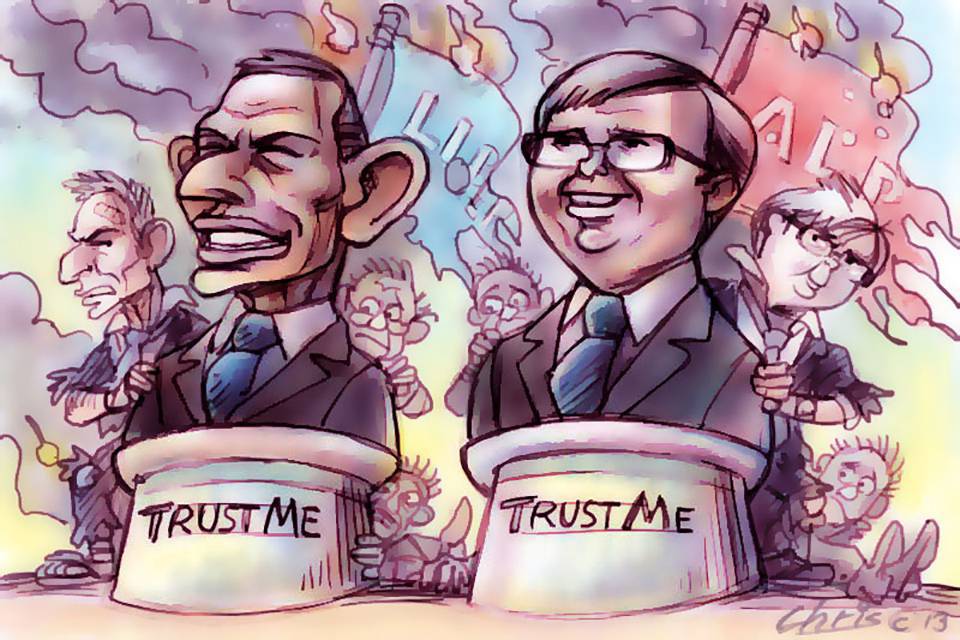Germany and allies call for Russian answers on Navalny
Written statements by many of the national delegations taking part were posted online. Lingner said that Russian responses so far to calls for clarification about Navalny's poisoning “seek to obfuscate, to deflect responsibility and to distract from the main point — the use of a military-grade nerve agent.” The United Kingdom, which accused Russia of using a Novichok nerve agent in a 2018 attack on former double agent Sergei Skripal and his daughter in the English city of Salisbury, supported Germany's demand for answers.

Germany and its allies at a meeting of the global chemical weapons watchdog Tuesday called on Russia to fully investigate and explain how opposition leader Alexei Navalny was poisoned with a military-grade nerve agent. Navalny, a corruption investigator who is Russian President Vladimir Putin's fiercest critic, was flown to Germany two days after falling ill on Aug. 20 during a domestic flight in Russia. German officials have said labs found traces of a chemical agent from the Novichok family in the Russian politician's system.
"It is up to Russia — where the chemical attack occurred — to shed light on the incident, and to provide an explanation on how a chemical nerve agent came to be used in a reckless act against a Russian citizen on Russian soil," German Ambassador Gudrun Lingner said in a statement to the Executive Council meeting of the Organisation for the Prohibition of Chemical Weapons. "Up to now, the Russian Federation has not provided any credible explanation." The behind-closed-doors meeting, with attendance limited due to coronavirus restrictions, started Tuesday. Written statements by many of the national delegations taking part were posted online.
Lingner said that Russian responses so far to calls for clarification about Navalny's poisoning "seek to obfuscate, to deflect responsibility and to distract from the main point — the use of a military-grade nerve agent." The United Kingdom, which accused Russia of using a Novichok nerve agent in a 2018 attack on former double agent Sergei Skripal and his daughter in the English city of Salisbury, supported Germany's demand for answers. "It is less than three years since we saw first-hand the deadly consequences of Novichok used as a chemical weapon in the United Kingdom," said Nicola Stewart, the U.K.'s deputy permanent representative to the OPCW. "We are appalled that there should have been a repeat anywhere in the world." Russia's statement to the meeting was not immediately published online. Moscow has bristled at demands for an investigation, saying that Germany needs to share medical data in the case or compare notes with Russian doctors. Germany has noted that Russian doctors have their own samples from Navalny since he was in their care for 48 hours.
The OPCW said Monday Russia has asked the organization to consider sending technical staff to cooperate with Russian experts probing the Navalny case. Director-General Fernando Arias said he is ready to send experts but asked Russia first to clarify its request. The U.S. representative, Ambassador Joseph Manso, said the attack on the Skripals demonstrated that Russia still has a chemical weapons program in breach of the international convention banning such weapons.
"Russia's contempt for the international norm against chemical weapons use must stop," Manso said as he joined calls for Moscow to explain how Navalny was poisoned with a nerve agent on Russian territory..
(This story has not been edited by Devdiscourse staff and is auto-generated from a syndicated feed.)










